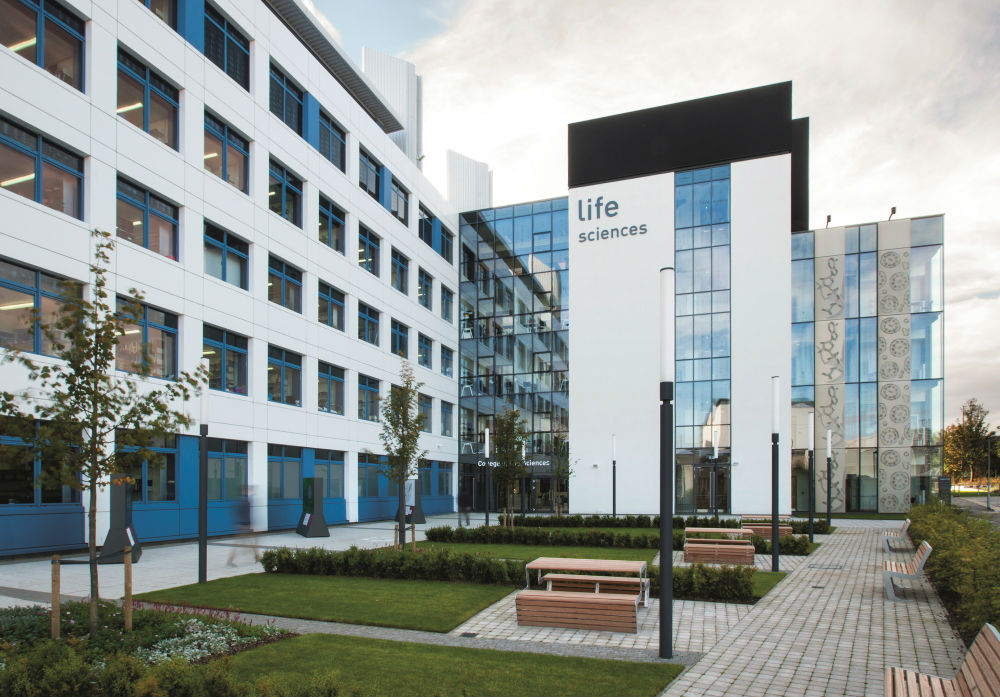The University of Dundee has been awarded almost £5.5 million under a new initiative that combines scientific excellence with a commitment to providing the best possible training environment for PhD students.
Dundee is among 15 UK institutions to share in Wellcome’s £127 million PhD Programme in Science.
Over the next five years, 25 students will be recruited to the University’s world-leading School of Life Sciences and participate in multidisciplinary research in Cellular Regulation, Protein Modification, Infection and Immunity, and Drug Discovery and Translation.
The flexible PhD programme will provide structured training in experimental design, data handling and processing, biocomputational skills and ethical standards in scientific research. The funding will cover the cost of the student’s research, tuition, travel, training and other expenses while at Dundee.
Professor John Rowan, Vice-Principal (Research, Knowledge Exchange and Wider Impact) at the University said: “We are very excited by this award and the opportunity to bring the most promising students to Dundee.

“This programme reflects our vision to drive social change and transform lives. A diverse cohort of students will flourish in a culture of excellence, developing research skills and attaining competencies in leadership, management and communication.
“They will experience world-leading life sciences research in a first-class training environment, with excellent core facilities and well-funded research groups, whilst enhancing research outputs with their energy and innovation.”
Dundee was ranked the UK’s top university for Biological Sciences in the most recent Research Excellence Framework, with scientists translating basic and clinical research to address global health challenges.
It has also been recognised as the world’s most influential research institution in pharmaceuticals (Clarivate Analytics 2017) and top in the UK for influencing innovation (Nature Innovation Index 2017).
Anne-Marie Coriat, Head of UK and Europe Research Landscape at Wellcome, said: “We challenged ourselves to consider not only the excellence of the science that programmes would provide, but also the culture of the research environment that students would be trained in.
“Excellence in science and culture can exist side by side. Each of the funded programmes is built on high-quality research training that will explore a wide range of exciting topics, from understanding the inner workings of distinct cell types to public health economics, from plant-based nutrition to health data science.”

